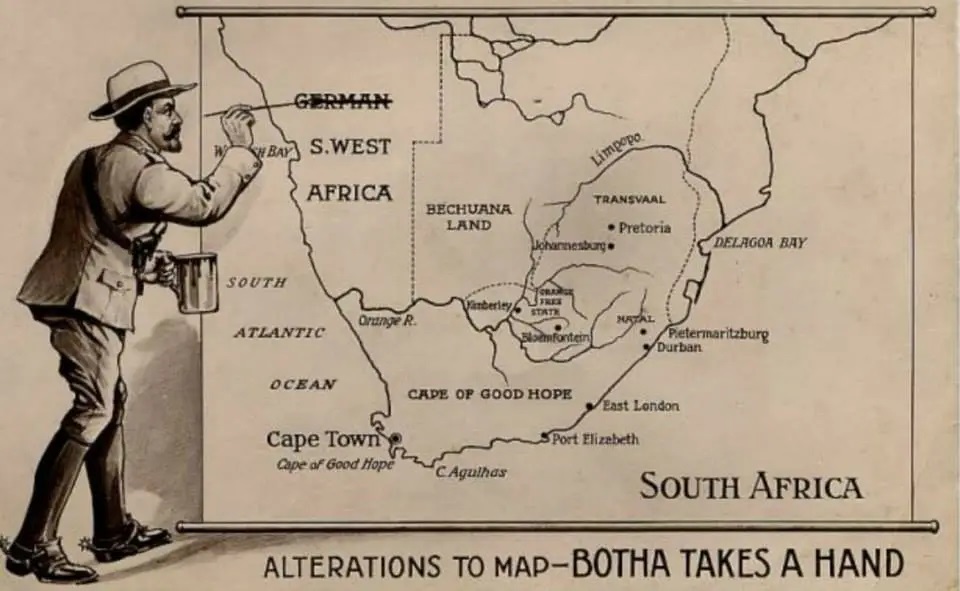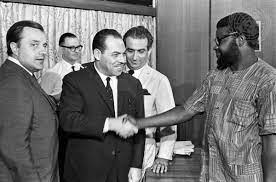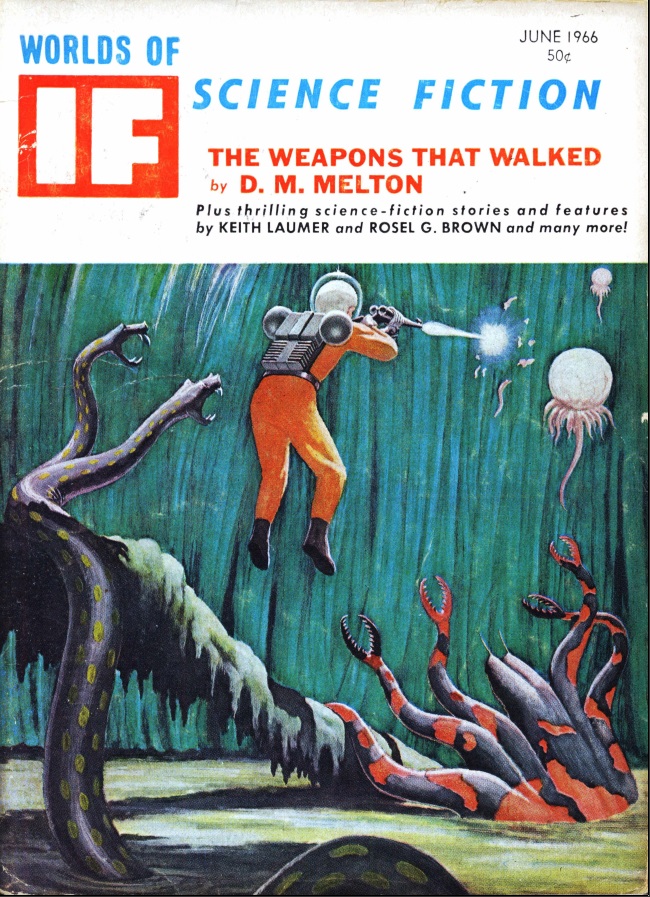
by David Levinson
The appearance of doing something
One of the German Empire’s colonies before the First World War was German South West Africa, nestled between what are today South Africa, Angola, and Botswana. After the war, South Africa was granted a mandate over the colony by the League of Nations, similar to Britain’s control over Palestine or France’s over Lebanon and Syria. The League was dissolved in 1946 and replaced by the United Nations. In general, mandates were intended to be replaced by United Nations Trusteeship, and the General Assembly recommended that South West Africa be one of those, however South Africa refused. In 1949, South Africa declared that it was no longer subject to U.N. oversight where South West Africa was concerned, as they began to extend their apartheid system into the former colony. The following year, the International Court ruled that the U.N. should exercise supervision in the administration of the territory in place of the League, but South Africa rejected the Court’s opinion and has refused any involvement by the U.N.
 A political cartoon from after the First World War.
A political cartoon from after the First World War.
Independence movements have swept through Africa over the last decade, and as I noted in January of last year, South West Africa is not immune. The predominant organization is the South West Africa People’s Organisation (SWAPO), and they have been lobbying the U.N. for several years. In 1966, the General Assembly terminated the mandate, giving the U.N. direct supervision of the territory. Last year, they established the United Nations Council for South West Africa to administer the territory until independence. South Africa remains recalcitrant. And so, on June 12th, the Assembly approved Resolution 2372, which, in accordance with the wishes of the people as represented by SWAPO, changed the name to Namibia. Well, that, some finger-wagging at South Africa and the nations supporting the illegal occupation of Namibia, and a request that the Security Council do something to get South Africa out. Don’t hold your breath.
 Sam Nujoma (r.), President of SWAPO, shakes hands with Mostafa Rateb Abdel-Wahab, President of the Council for Namibia
Sam Nujoma (r.), President of SWAPO, shakes hands with Mostafa Rateb Abdel-Wahab, President of the Council for Namibia
Noir, nonsense, and the blatantly obvious
The stories in this month’s IF range from the patently obvious to those that leave the reader wondering why the author bothered. There are a couple of mildly entertaining stops along the way, and the high point may surprise you (even if it is more molehill than mountain).
 Supposedly for Rogue Star, which doesn’t have a starship crash. Or this many characters. Art by Chaffee
Supposedly for Rogue Star, which doesn’t have a starship crash. Or this many characters. Art by Chaffee
Continue reading [July 2, 1968] What’s the Point? (August 1968 IF)

![[July 2, 1968] What’s the Point? (August 1968 <i>IF</i>)](https://galacticjourney.org/wp-content/uploads/2023/06/IF-1968-08-Cover-505x372.jpg)
![[April 2, 1968] Asking the big questions (May 1968 <i>IF</i>)](https://galacticjourney.org/wp-content/uploads/2023/03/IF-1968-05-Cover-569x372.jpg)
 Alexander Dubček addresses the nation after taking office.
Alexander Dubček addresses the nation after taking office. Supposedly for Dismal Light, which doesn’t even have two male characters. Generic art by Pederson
Supposedly for Dismal Light, which doesn’t even have two male characters. Generic art by Pederson![[December 2, 1966] Mixed Bags (January 1967 <i>IF</i>)](https://galacticjourney.org/wp-content/uploads/2021/11/IF-1966-12-Cover-665x372.jpg)

![[May 2, 1966] By Any Other Name (June 1966 <i>IF</i>)](https://galacticjourney.org/wp-content/uploads/2021/04/IF-1966-06-Cover-650x372.jpg)


![[June 2, 1965] Heck in a Handbasket (July 1965 <i>IF</i>)](https://galacticjourney.org/wp-content/uploads/2020/05/1965-07-IF-cover-653x372.jpg)


